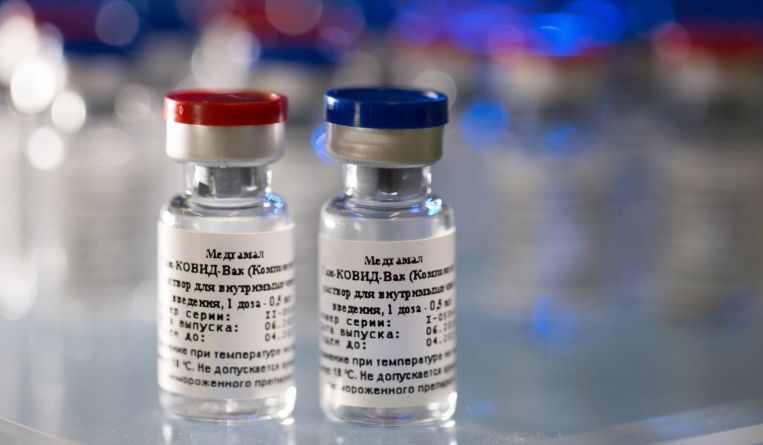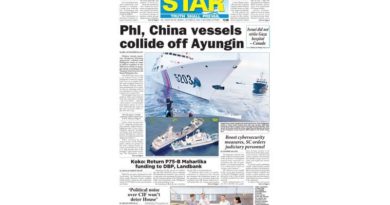EDITORIAL: The Straits Times says- Race for a vaccine is not one of speed
.
Concerns have emerged over the fact that Moscow’s announcement, which paves the way for the mass inoculation of the Russian population, comes after less than two months of human testing. Human trials are critical in ascertaining the reliability of a vaccine. This principle applies to all countries and companies in the race to produce a viable drug. Popular acceptance of vaccination itself would be severely undermined should an antidote go wrong by proving to be ineffective or, worse, unsafe. Hence the need for caution.
.
Experts, cited in a vaccine-tracker survey earlier this month, estimate that even a fast-tracked process could propel a victorious candidate to the market in about 12 to 18 months and that, too, is only if the process proceeds seamlessly from scientific conception to market availability. Such a timeframe, and its attendant caveats, suggests just how difficult it is to invent a vaccine, test it, pass regulatory scrutiny and ultimately produce a drug for the mass market. Thus, the World Health Organisation disclaims approval or endorsement of any product or entity mentioned in its “draft landscape” of Covid-19 candidate vaccines. The world body needs to stick to cautionary scientific evidence closely in a race in which the quest for fame and profit plays such an important part.
.
Competition is not bad in itself. Singapore, too, is making progress on this front. The first cohort of volunteers has been dosed with a vaccine developed jointly by Duke-NUS Medical School and United States pharmaceutical company Arcturus Therapeutics. Singaporeans await further news eagerly. Meanwhile, expectations of a medical prevention should not dilute social habits that citizens have developed since the disease cut a dreadful epidemiological and economic swathe through lives here. Safe distancing and other precautions must continue to guide behaviour.













